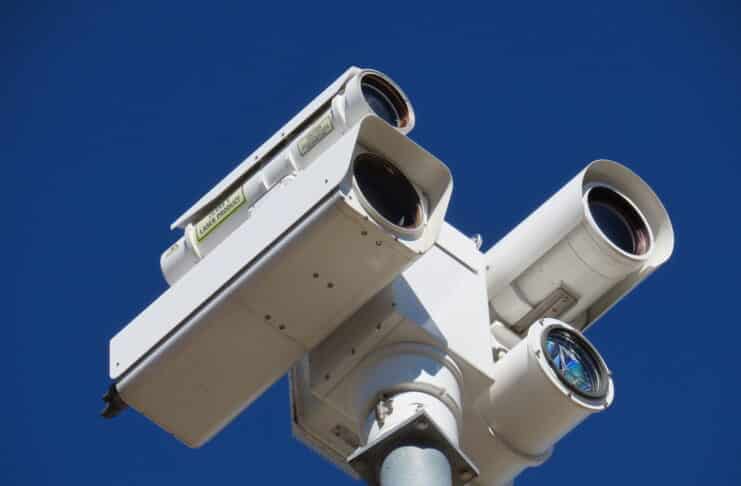I've written about various government threats to individual privacy rights and 4th Amendment protections. As harrowing as some of those are – particularly regarding such practices as warrantless searches – it's important not to forget that the private sector is no slouch when it comes to surveillance. Including unauthorized, and possibly criminal, spying like the Federal Trade Commission (FTC) occurred with Amazon's Ring product.
The Federal Trade Commission has filed suit against Ring alleging it “deceived its customers by failing to restrict employees' and contractors' access to its customers' videos, using customer videos to train algorithms, among other purposes, without consent, and failing to implement security safeguards.”
What kind of videos? Take a wild guess:
For example, one employee over several months viewed thousands of video recordings belonging to female users of Ring cameras that surveilled intimate spaces in their homes such as their bathrooms or bedrooms. The employee wasn't stopped until another employee discovered the misconduct. Even after Ring imposed restrictions on who could access customers' videos, the company wasn't able to determine how many other employees inappropriately accessed private videos because Ring failed to implement basic measures to monitor and detect employees' video access.
Surely, you say, Ring had to get permission to spy on its customers. The FTC says such consent was buried in the fine print:
Ring failed to take any steps until January 2018 to adequately notify customers or obtain their consent for extensive human review of customers' private video recordings for various purposes, including training algorithms. Ring buried information in its Terms of Service and Privacy Policy, claiming it had a right to use recordings obtained in connection with its services for “product improvement and development,” according to the complaint.
We shudder to think of what sort of algorithm needed to be trained on users' “intimate spaces,” but here we are.
And of course, there were the hackers, who found Ring's video trove to be irresistible:
…hackers [exploited] account vulnerabilities to access stored videos, live video streams, and account profiles of approximately 55,000 U.S. customers, according to the complaint. Bad actors not only viewed some customers' videos but also used Ring cameras' two-way functionality to harass, threaten, and insult consumers—including elderly individuals and children—whose rooms were monitored by Ring cameras, and to change important device settings, the FTC said. For example, hackers taunted several children with racist slurs, sexually propositioned individuals, and threatened a family with physical harm if they didn't pay a ransom.
How nice – tech that threatens you. But there is a cautionary tale in this Ring escape that we should never forget: private sector surveillance is just another way companies turn their users into products. Yes, we are promised cutting-edge, inexpensive, downright cool-looking gizmos that should keep us safe.
But there is always a cost beyond the sticker price. It's your data. Or for cameras, its pictures of you, your home, neighborhood, passersby…all of it, apparently, used to train algorithms. Or worse. Buyer beware is still some of the best advice you'll ever get.



Have Ring doorbell BUT installed prior NOT hooking up
Be aware that just having a video of someone prowling around your house is NOT enough to arrest that person. Check with your local police dept. to get details.
FJB.
PARASITE!!!